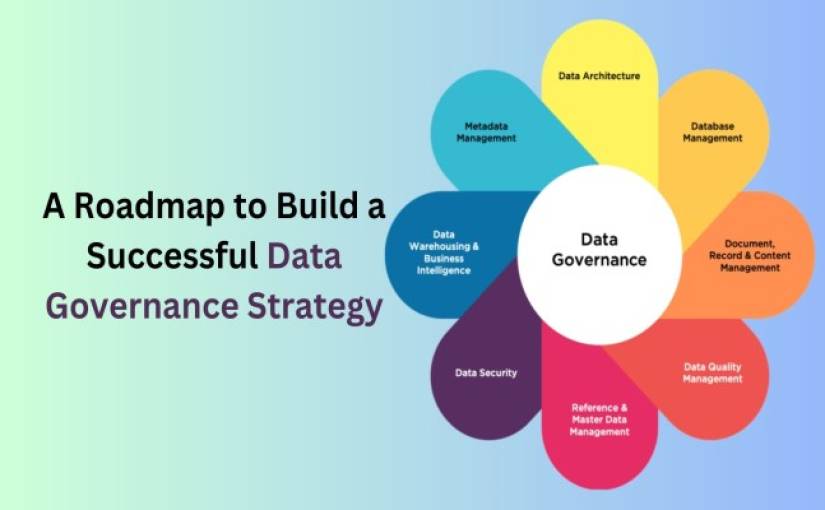Singapore warns of security risks before presidential election
Singapore warns of security risks before presidential election
Safeguarding Singapore’s Presidential Election: Battling Online Threats and Foreign Interference

In preparation for Singapore’s upcoming presidential election, the government is taking proactive measures to protect the integrity of the electoral process. With the proliferation of online threats and foreign interference witnessed in recent years, authorities are warning the general public and potential candidates about the potential risks involved, ranging from misinformation and data theft to disruption of the election. By understanding and mitigating these risks, Singapore aims to establish a secure environment for its citizens to exercise their democratic rights.
Ensuring a Fair and Secure Electoral Process
Scheduled for September 1, the Presidential Election will proceed if more than one candidate qualifies to run, a decision to be announced on August 22. Currently, six applications, including one from former Senior Minister Tharman Shanmugaratnam, have been submitted. The presidency in Singapore is largely symbolic, serving as the head of state and custodian of the country’s reserves for a six-year term. The incumbent president, Halimah Yacob, was elected uncontested in 2017 and is not seeking re-election.
To safeguard against online threats and foreign interference, Singapore is drawing from the experiences of other nations. Reports of alleged foreign interference in elections, such as the US President and Mid-Term Elections in 2020 and 2018, as well as the French Presidential Elections in 2017, have prompted the government to take proactive action. Acknowledging that “Singapore is not immune,” government ministries and agencies, including the Ministry of Home Affairs, Singapore Police Force, and Cyber Security Agency of Singapore, have emphasized the importance of preserving the integrity of Singapore’s electoral processes.
Recognizing and Addressing Potential Threats
In response to the increasing influence of online activities in election processes worldwide, the government has advised election candidates to take specific precautionary steps to protect their cybersecurity posture. Candidates are encouraged to gain a better understanding of potential threats and implement necessary measures to secure their IT infrastructure, online and social media accounts, and data storage and management. Staying vigilant and monitoring platforms for suspicious activity is vital, while refraining from resharing posts or tweets of dubious origin can help prevent the spread of misinformation.
One significant concern is the compromise of candidate data through social engineering, malware infection, software vulnerabilities, or other tactics. Breached data can be sold or published, potentially tarnishing the credibility of political parties and candidates. Moreover, threat actors could exploit the data to launch further attacks that disrupt campaign activities. Therefore, election candidates are advised to bolster the security of their IT systems and digital assets, with dedicated personnel assuming responsibility for the campaign’s cybersecurity posture.
Citizenship Responsibilities and Consequences
While the government takes steps to protect the electoral process, they also call upon the general public to exhibit appropriate online conduct. Behaviors that violate existing laws, such as sharing or reposting misinformation and disinformation, can have legal consequences. Communicating false messages under the Miscellaneous Offences (Public Order and Nuisance) Act can result in liability for individuals, while the Protection from Online Falsehoods and Manipulation Act (POFMA) enables action to be taken against those who knowingly communicate online falsehoods or misleading content. It is essential for citizens to play their part in maintaining the integrity and fairness of the election.
Singapore, through its thorough preparations and concerted efforts, aims to ensure a resilient and secure electoral process for the upcoming presidential election. By educating the public and candidates about online threats and foreign interference, the government hopes to minimize risks and maintain the trust and confidence of its people in their democratic system. As the election draws near, citizens and candidates alike must remain vigilant, adopting best practices to protect themselves, their campaigns, and the integrity of the election.






